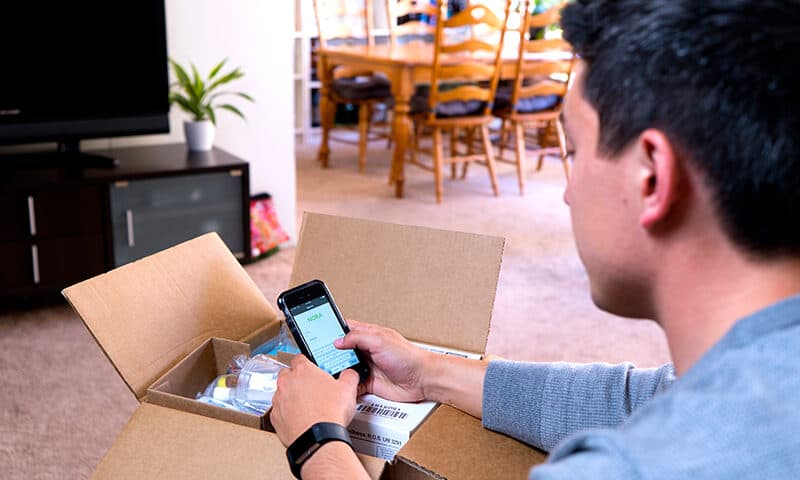A virtual, decentralized or siteless clinical trial model; however you want to describe it, a new way of running studies is here, and it wants to stay.
Once seen as a gimmick, the COVID-19 global pandemic has made it into a necessity. The brick-and-mortar approach of having patients travel to set clinical sites for their trials has always been a burden, but the advent of telehealth and telemedicine, which can allow some participants to be assessed at home, was a key driver in getting R&D moving again when COVID-19 stopped everything in its tracks this spring.
What is a decentralized clinical trial? It can mean lots of things, but, in essence, it integrates modern digital health technologies—such as mobile devices, mobile apps, remote monitoring devices and online social engagement platforms—into study design.
This can allow patients to be monitored at home and not have to travel and can also allow for continuous real-time data collection of endpoints during the course of a trial participant’s daily life, rather than periodic data collection during site visits, which may only offer a snapshot of relevant health information.
The idea has been latent for years and talked up by companies offering these services, but most CROs and biopharmas weren’t biting, or preferred the old approach. Of course, this virtual trial model can’t work for everyone: Some participants will need to be in a hospital setting for certain trials, and digital technologies can only stretch so far.
There’s also questions about just how telehealth monitoring, which usually comes down to talking through video via a smartphone, can replace one-to-one contact, and how adaptable older participants in trials can be when using modern technology.
Still, for many, being able to be part of a trial while being at home is a huge plus, cuts down on costs and can boost recruitment and retention, some of the biggest issues CROs and biopharmas face.
While a latent idea, there has been a shift since March when the pandemic swept from Asia into Europe and the Americas, hitting clinical trials hard. The FDA swiftly announced new guidance saying, where possible, many trials should be switched up to a virtual model to keep research moving. This helped open the floodgates.
Medable, Science 37, Signant Health/VirTrial and other virtual trial specialists have steamed along in 2020, racking up major funding rounds and collaborations like never before. This showed up not just as curious interest, as had been the case previously, but a genuine need for their services.
The shift to virtual became a reality when LabCorp’s CRO unit Covance announced in October that it’s now making a concerted effort to move from a traditional site-based trial company to one that is siteless. This will see it double down on all aspects of the virtual model, including telehealth and connected devices, to improve data collection and to help realize this new model.
“We anticipate that by the end of 2021, the majority of our new studies will include a decentralized component,” said Paul Kirchgraber, M.D., CEO of Covance, at the time.
“By deploying protocol-specific, tech-enabled solutions, we are providing patient-centric trial experiences. In addition to reducing the burden on patients, our approach improves data quality and provides operational efficiencies that will benefit our biopharmaceutical and medical device customers.”
This shows that a virtual trial is for life, not just for a pandemic, when one of the world’s leading CROs, from the world’s biggest testing lab, is making such a firm commitment to that model for its future.

